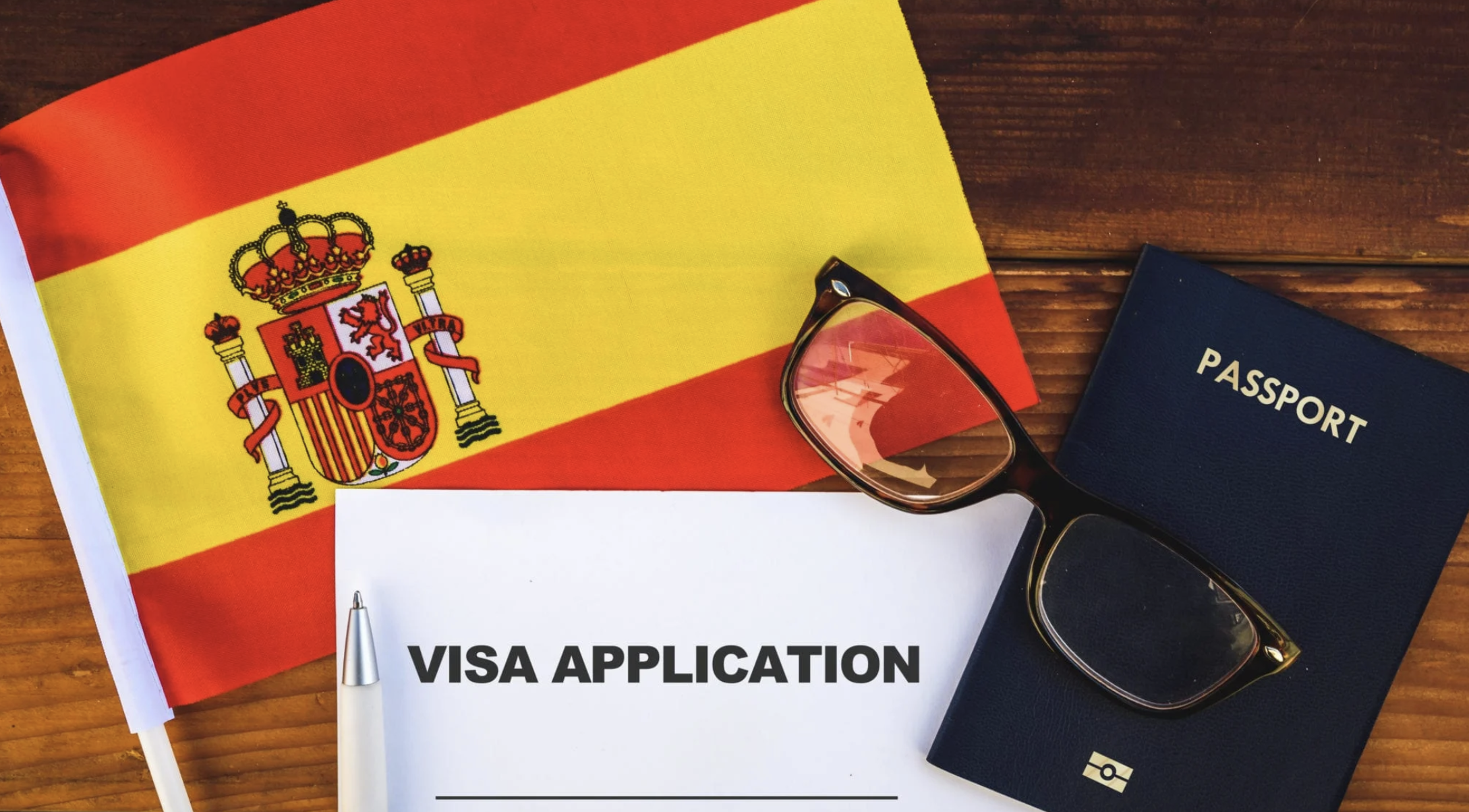Visa and Residency Requirements for Spain
Spain, with its stunning landscapes, rich cultural heritage, and high quality of life, is a popular destination for expatriates from around the world. Whether you’re planning to move to Spain for work, study, retirement, or other reasons, understanding the visa and residency requirements is crucial. This guide provides an overview of the different types of visas and residency permits available for Spain.
- Short-Stay Visa (Schengen Visa)
For short stays of up to 90 days within a 180-day period, non-EU/EEA citizens may need a Schengen visa.
- Purpose: This visa is for tourism, business trips, family visits, or short courses.
- Application: Apply at the Spanish consulate in your home country. Required documents include a completed application form, passport, travel itinerary, proof of accommodation, travel insurance, and proof of sufficient funds.
- Validity: Allows travel within the Schengen Area for up to 90 days in a 180-day period.
- Long-Stay Visa
For stays longer than 90 days, you’ll need a long-stay visa, depending on your purpose of stay.
- Types of Long-Stay Visas:
- Work Visa: For those with a job offer in Spain. Requires a contract of employment and proof that the employer has obtained authorisation from the Spanish Ministry of Labour.
- Student Visa: For those enrolled in an accredited educational institution in Spain. Requires proof of enrolment, health insurance, and sufficient funds.
- Non-Lucrative Visa: For those who can support themselves financially without working in Spain. Requires proof of sufficient funds and health insurance.
- Golden Visa: For investors who invest a significant amount in Spanish real estate, businesses, or government bonds. Requires proof of the investment and sufficient funds to support oneself.
- Residence Permits
After obtaining a long-stay visa, you must apply for a residence permit upon arrival in Spain. This permit allows you to stay legally in Spain for more than 90 days.
- Initial Steps: Within the first month of arrival, visit the local Foreigner’s Office (Oficina de Extranjería) or police station to apply for a residence permit.
- Required Documents: Typically includes your long-stay visa, passport, application form, proof of address, proof of financial means, health insurance, and any relevant documentation specific to your visa type.
- TIE (Tarjeta de Identidad de Extranjero): This is your foreigner’s identity card. Once your residence permit is approved, you will be issued a TIE, which you must carry with you.
- EU/EEA/Swiss Citizens
Citizens of EU/EEA countries and Switzerland do not need a visa to live, work, or study in Spain. However, if you plan to stay for more than 90 days, you must register with the local authorities.
- Registration: Register at the local Foreigner’s Office or police station. You’ll need your passport, proof of address, proof of employment or study, and health insurance.
- NIE (Número de Identificación de Extranjero): This is your foreigner’s identification number, required for various administrative tasks in Spain.
- Renewing Residence Permits
Residence permits are usually valid for one to two years and can be renewed if you continue to meet the requirements.
- Renewal Process: Apply for renewal at least 60 days before your current permit expires. Required documents typically include proof of continued employment or study, health insurance, and proof of sufficient funds.
- Permanent Residency: After five years of continuous legal residence, you can apply for permanent residency, which grants more stability and benefits similar to Spanish citizens.
- Citizenship
After ten years of legal residency in Spain, you may be eligible to apply for Spanish citizenship. The requirements include:
- Residency: Proof of continuous legal residence for ten years.
- Language Proficiency: Basic knowledge of the Spanish language.
- Integration: Proof of integration into Spanish society, including knowledge of Spanish culture and institutions.
- No Criminal Record: A clean criminal record in both Spain and your home country.
Conclusion
Understanding the visa and residency requirements for Spain is essential for a smooth transition to living in this beautiful country. Whether you’re moving for work, study, retirement, or investment, ensuring you have the correct visa and residence permit will help you settle in and enjoy your new life in Spain. Always check the latest requirements and consult with the Spanish consulate or a legal expert to ensure you meet all the necessary criteria.

